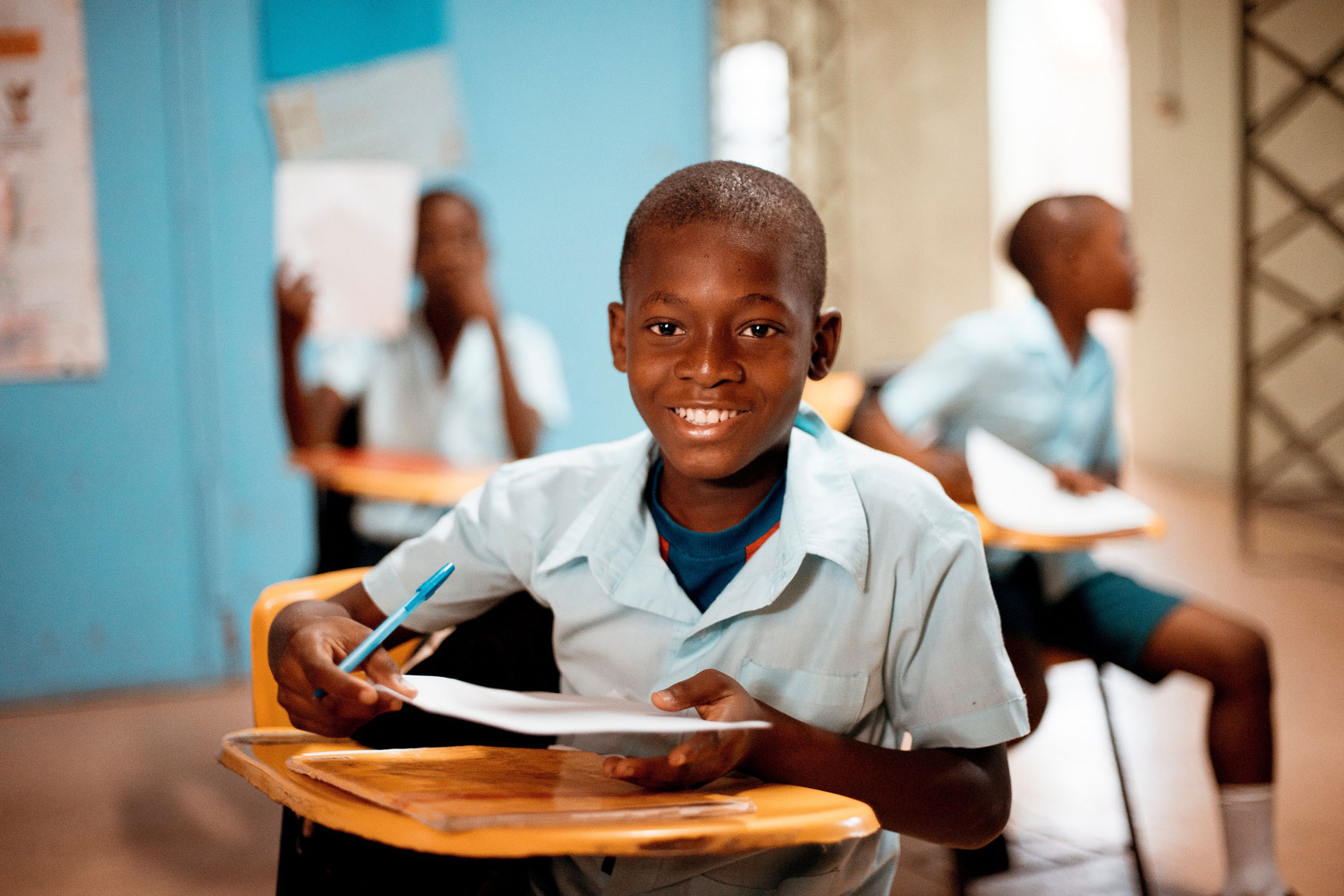Success requires farmers to have access to a range of agricultural solutions, education, the necessary competencies and financial intelligence. We believe in developing potential people within the community to start, co-ordinate, co-train and eventually take over the project so that when we finalises the project, there is sustainability.
Early childhood development
Early Childhood Development is vital. A child’s mind is formed within the community that they are raised. We aim to work with Care Givers of children aged 0 months to 9 years. We select ECD Centres from around South Africa, we then screen the candidates to see that they have the capacity to gain these skills and put in place mentors to assist with the transfer of skills. Educators attend training online and practically apply all the skills learnt back at their ECD centres under guidance from the mentors and pre-identified centres with excellence, who will guide them with their application.


Practical’s will be completed at both their own centres and these centres with excellence.
Once the educators have been trained, mentored and deemed Competent, their portfolios will be moderated by the QCTO who will issue Certificates.
This is not the end as these educators then become part of the mentor pool who mentor other ECD Centres. Monthly support meetings continue for a year after certification to ensure all centres continue on applying the skills learnt.
Educators are vital to ensure that the next generation of children get the skills needed in order to develop into fully functional and contributing citizens in the country and in the world.
Read More
Research shows that the Architecture of the brain is built over time and shaped by experiences starting in early childhood. The most important experiences come from the environment that interacts with each child, parents, extended family and care givers of all kinds can either help develop the brain or serious adversity that happens in early life can disrupt brain development.
Both brain architecture and behaviour are more difficult to change as people get older so what happens early in a child’s matters for a life time.
We can take action to improve lives and the quality of lives in communities by equipping the educators with the skills to develop children or we can do nothing hoping someone else will take on this responsibility.
The skills educators need to give children are:
- Strong communication skills
- Creativity
- Organising and planning
- Relationship building
- Enthusiasm
- Collaboration.
- Educators need technical skills and the above to form a child’s brain architecture. Unfortunately studies have shown that most educators do not have these skills which is why we have started this initiative to train early childhood educators thereby impacting our future adults and our communities.

